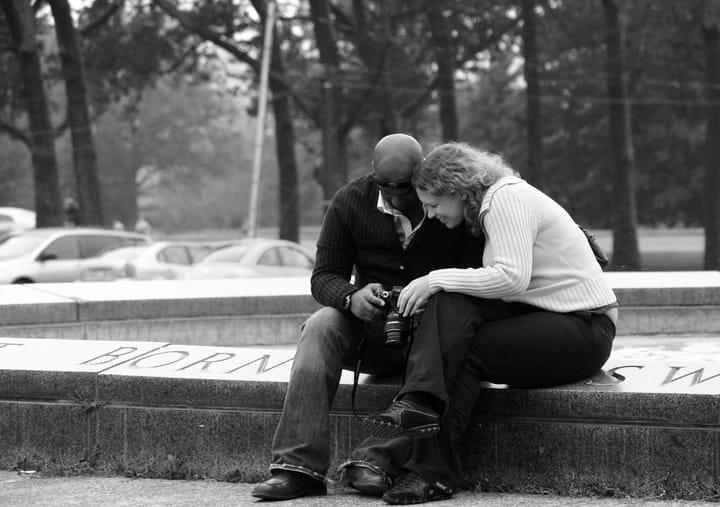Luck
“...there is nothing either good or bad but thinking makes it so.”

I do not believe in “luck.” The idea is magickal on its face—like astrology, phrenology, or haruspicy; as risible as the de rigueur notion that it is possible for men to transform themselves into women.
Over the past few decades, I have been acquainted with a number of people who nevertheless seem to believe this idea. This perplexes me.
A former acquaintance used to insist he had “bad luck.” He had been abused by his parents, was in poor health, had dropped out of university, was working in a position well below his ability, and had not been in a meaningful relationship in years. He contended others had “good luck,” having been promoted to positions they did not deserve, and he thought it impossible to succeed without a university degree.
We discussed this topic often. While I conceded he had little control over his father being a sadist—and his mother a willing accomplice—I did not agree this was an example of bad luck. I also did not agree with his other examples, pointing out many successful people who do not have university degrees. On the other hand, he was not wrong that many people are promoted for reasons other than competence. In the end, we agreed to disagree on whether his situation in life was owing to “bad luck.”
Several years later, he found himself in a new position at work. He had also begun to succeed in his personal life: new friendships, a harmonious relationship, improved health, and reduced contact with his parents. What had changed? He had stopped seeing himself as a victim, instead taking steps to eat better, to get more exercise, to apply for jobs for which he was qualified, and to pursue relationships with like-minded people who like him the way he is. As a side effect of positive activities taking up most of his time, he had little desire to interact with his parents, who had chosen to be miserable and isolated by their own actions.
On another occasion, I was reminiscing with an old co-worker about the worst boss we had ever had. (For you doom-and-gloom voyeurs, this was at a previous company.) This boss regularly came to work as high as a kite; she was paranoid, capricious, incompetent, and prone to temper tantrums.
Eventually, the boss resigned, because she had figured out she was about to be fired. I already knew she was on thin ice; when she announced it to us, I feigned surprise and dismay. She was that unbalanced; it seemed like the right thing to do.
Was it bad luck that my co-worker and I ended up with such a boss? No. Was it partially our fault, albeit indirectly? Perhaps so.
Some people have had a string of bad bosses or a trail of broken relationships. Is this bad luck? No. Do some people invite chaos through their poor decisions, thus winding up with bad bosses, relationships, friends, and situations? Probably.
When someone is confused in their thinking—when they believe they are not deserving of happiness, of doing their rightful work, of loving and being loved by the right people—they tend to attract the wrong work and the wrong people. The pattern repeats itself until the person changes their thinking.
It is interesting—even poignant—to observe someone who is suffering through this sort of life, assuming that an inevitable series of unfortunate events will befall them.
It is also gratifying to watch someone who has been experiencing these self-imposed limitations as they emerge from beneath their cloud of despair. I have had the opportunity to witness such transformations several times. Perhaps you will avail yourself of an opportunity to do likewise.





 Support Us
Support Us
Comments ()